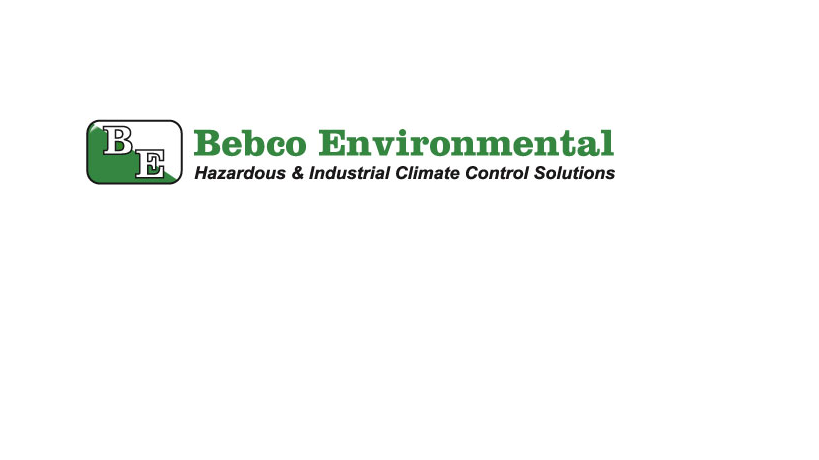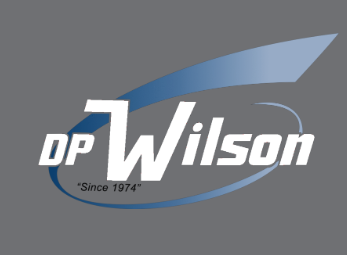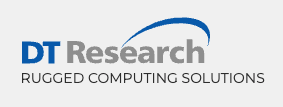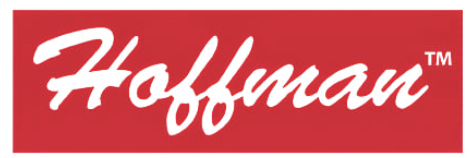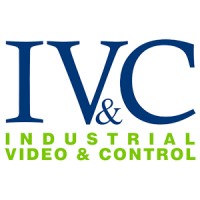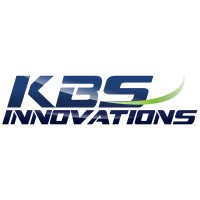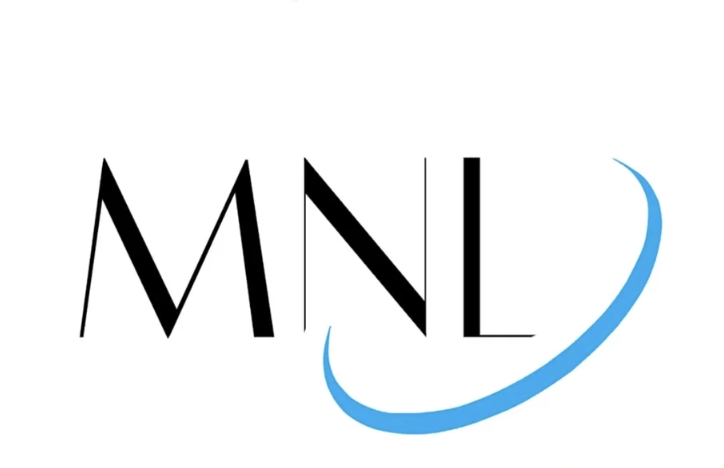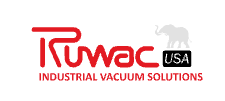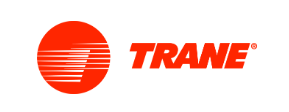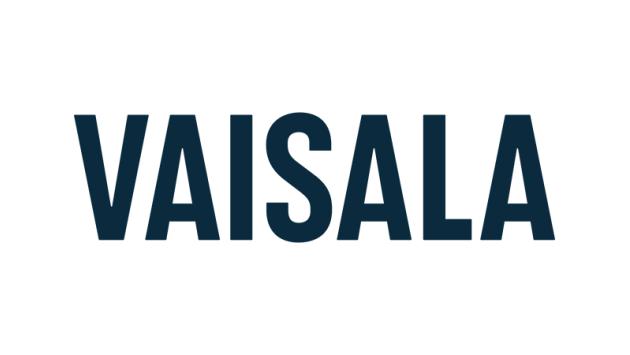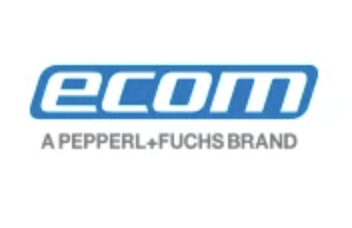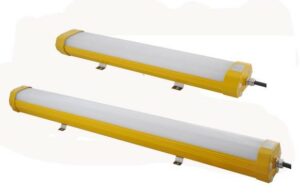Atex Zone 2 Fixed Lighting
Showing all 2 resultsSorted by popularity
-
%27%20fill-opacity%3D%27.5%27%3E%3Cellipse%20fill%3D%22%239dad4b%22%20fill-opacity%3D%22.5%22%20rx%3D%221%22%20ry%3D%221%22%20transform%3D%22matrix(-14.52572%20-32.89114%2024.09168%20-10.63961%20243%20184.8)%22%2F%3E%3Cpath%20fill%3D%22%23fff%22%20fill-opacity%3D%22.5%22%20d%3D%22M318.2-5.3v130.1L137.7-14.6z%22%2F%3E%3Cellipse%20fill%3D%22%23fff%22%20fill-opacity%3D%22.5%22%20rx%3D%221%22%20ry%3D%221%22%20transform%3D%22matrix(-129.3017%20-30.69415%207.31231%20-30.80373%2025%20171)%22%2F%3E%3Cellipse%20fill%3D%22%23fff%22%20fill-opacity%3D%22.5%22%20rx%3D%221%22%20ry%3D%221%22%20transform%3D%22rotate(-58.9%209.5%20-5.9)%20scale(55.53502%2044.63992)%22%2F%3E%3C%2Fg%3E%3C%2Fsvg%3E)
Cary Technology KLE1011 Explosion Proof LED Linear Light
$27873Price Depends on product option Make a selection to update priceImport tariffs charged -

CRESSA CS-EXHB86-SM Led Explosion Proof Light
$57780Price Depends on product option Make a selection to update priceImport tariffs charged
- Ensure Safety and Compliance: ATEX Zone 2 lighting fixtures are specifically designed to prevent ignition in explosive atmospheres, thus crucial for maintaining workplace safety and adhering to regulatory requirements.
- Durable and Efficient Solutions: ATEX-certified lighting solutions are built to withstand harsh environmental conditions while providing optimal illumination and energy efficiency, reducing maintenance needs and operational costs.
- Expertise and Reliability: The Intrinsically Safe Store offers a comprehensive range of high-performance ATEX Zone 2 lighting products tailored to meet industry standards, backed by expert guidance and competitive pricing.
Ensure Safety with Reliable ATEX Zone 2 Lighting Solutions
ATEX Zone 2 lighting is essential for industries like oil and gas, chemical processing, and pharmaceuticals, where explosive atmospheres may occur infrequently and for short durations. Choosing the right ATEX Zone 2 lighting ensures compliance with safety regulations, minimizes risks, and provides dependable illumination in potentially hazardous environments. These lighting solutions are designed to prevent ignition, with robust construction and advanced technology to withstand challenging conditions.
Understanding ATEX Zone 2 Requirements
ATEX Zone 2 areas are classified as environments where an explosive atmosphere is not likely to occur during normal operation, but if it does, it will persist only for a short period. Lighting used in these zones must be certified to prevent ignition. Key requirements include durable materials, proper temperature classification, and explosion-proof enclosures to ensure safety and functionality.
Benefits of ATEX Zone 2 Lighting
Using ATEX Zone 2 lighting offers numerous benefits for safety and operational efficiency in hazardous areas:
- Enhanced Safety: Designed to operate safely without igniting hazardous substances.
- Operational Continuity: Reliable lighting technology ensures smooth operations.
- Compliance with Regulations: Helps avoid fines and legal issues.
- Quality and Reliability: High standards ensure durable performance.
- Improved Illumination: High-quality lighting supports better visibility and decision-making.
- Insurance Benefits: Potentially lower premiums due to reduced risks.
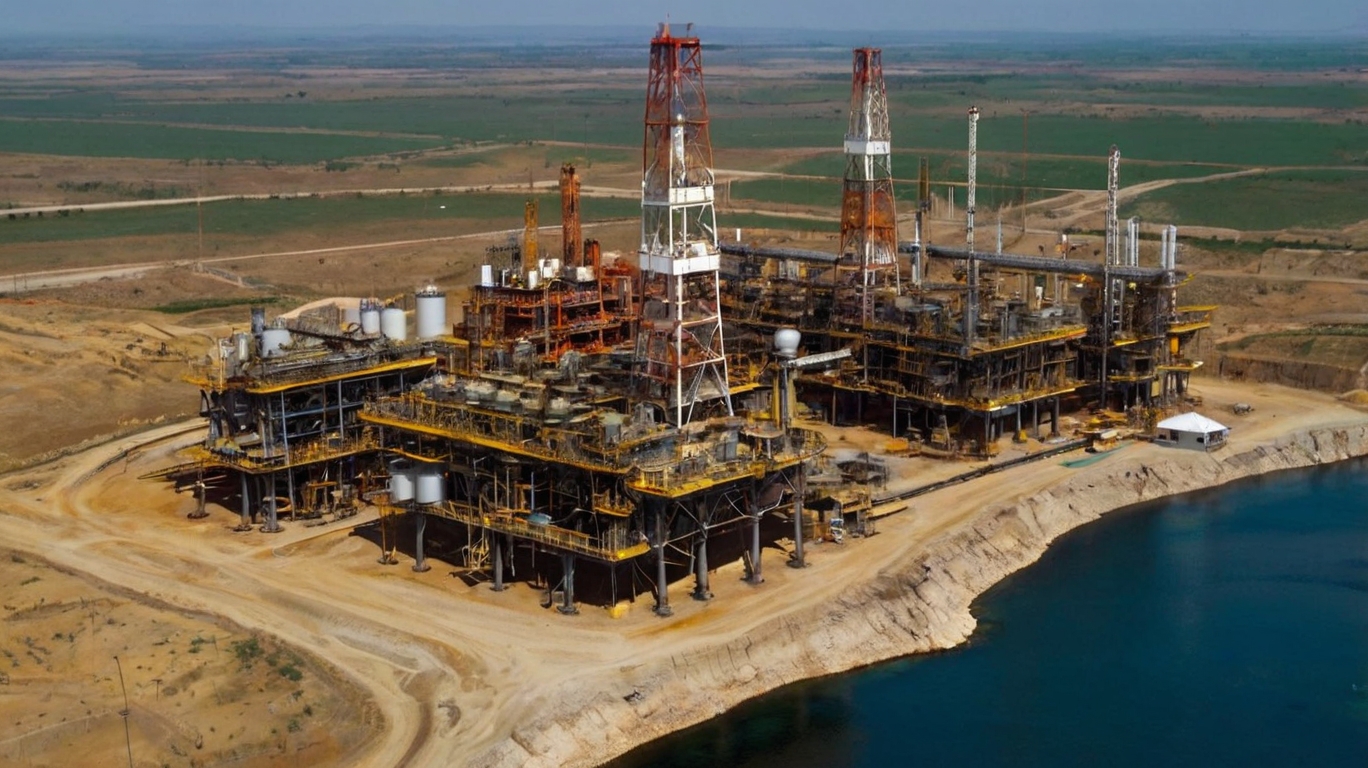
Key Features of ATEX Zone 2 Lighting
When selecting ATEX Zone 2 lighting, consider these crucial features to ensure compliance, safety, and functionality:
- Certification and Compliance: Ensure the lighting adheres to ATEX standards for safe operation in explosive atmospheres. Certification confirms rigorous testing and compliance with EU directives for hazardous locations.
- Robust Build and Material Quality: Choose lighting made from durable materials like stainless steel or high-grade polymers to withstand corrosive substances and physical impacts, ensuring longevity and consistent functionality in harsh environments.
- Ingress Protection (IP) Rating: A high IP rating, typically IP65 or higher, is essential as it indicates the lighting’s ability to resist dust and water ingress, maintaining operational integrity under various environmental conditions.
- Advanced Illumination Technology: High-quality lighting output is crucial, even in challenging environments. Look for features like high lumen output, energy efficiency, and good low-light performance.
- Explosion-Proof Housing: An essential feature for any Zone 2 lighting is its explosion-proof housing, designed to contain any sparks or flames that could potentially trigger an explosion, adhering to stringent testing standards.
- Ease of Installation and Maintenance: Lighting that is easy to install and requires minimal maintenance is preferred. Modular designs or remote maintenance capabilities significantly simplify these processes and enhance safety by reducing the need for physical interaction.
- Integration with Existing Systems: The lighting should seamlessly integrate with existing systems. Lighting solutions that support standard communication protocols add value without necessitating significant modifications to the current setup.
Maintenance and Long-Term Reliability
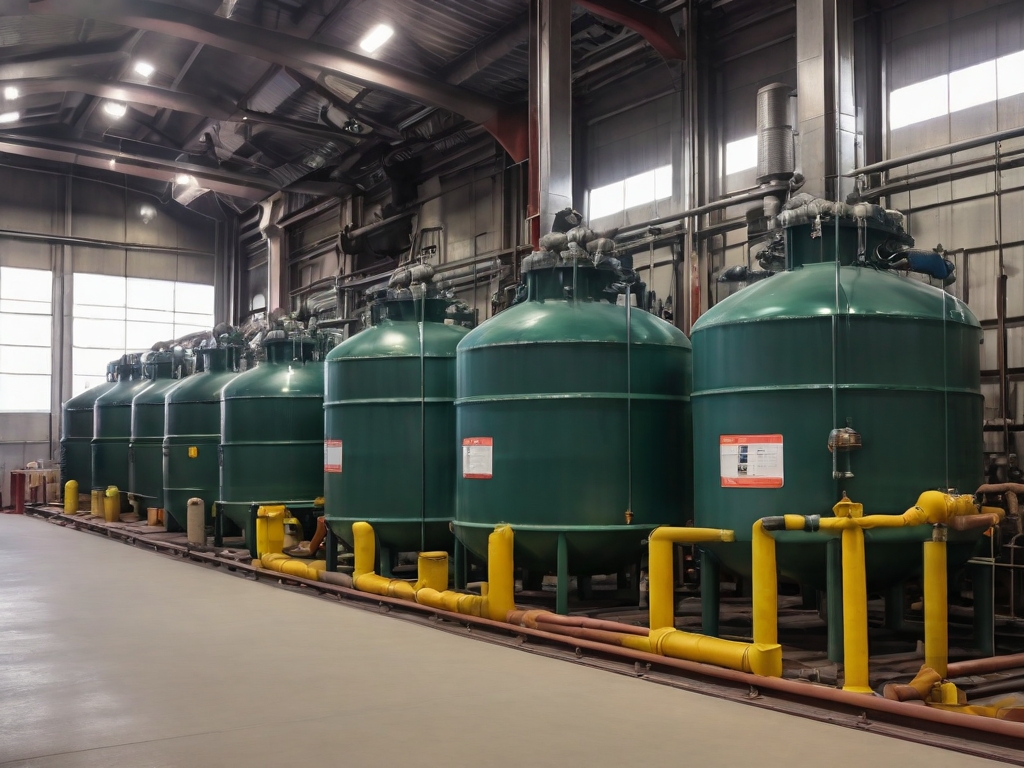
Prioritizing maintenance and reliability is key for ATEX Zone 2 lighting. Regular maintenance includes routine checks on housing integrity, cleaning lenses, and updating software. Manufacturer support is crucial, providing access to technical help and spare parts. Choosing lighting with durable designs and high IP ratings ensures they can withstand harsh conditions. Regular maintenance and selecting reliable equipment ensure safe and continuous operation in hazardous environments, reducing the risk of costly downtime. Investing in quality and durability pays off in maintaining the safety and reliability of hazardous area equipment.
Frequently Asked Questions (FAQs)
What is ATEX Zone 2 lighting?
ATEX Zone 2 lighting is a specialized type of lighting designed for safe operation in Zone 2 hazardous areas where explosive atmospheres are not likely to occur during normal operations but may occur for short periods. These lighting solutions are intrinsically safe, meaning they have built-in features to prevent the ignition of surrounding explosive environments, making them essential for safety in high-risk areas.
How do I determine if I need ATEX Zone 2 lighting?
Determining the need for ATEX Zone 2 lighting involves assessing the hazardous area classification of your workplace. Zone 2 areas are those where an explosive atmosphere is not likely to occur during regular operations, and if it does, it will exist only for a short period. If your evaluation places your operations in Zone 2, then using ATEX Zone 2 certified lighting is crucial for compliance and safety.
What are the key features to look for in ATEX Zone 2 lighting?
When selecting ATEX Zone 2 lighting, key features to consider include:
- Certification: Ensure the lighting is ATEX certified for Zone 2 use.
- Durability: Look for robust construction suitable for harsh environments.
- Illumination Quality: High lumen output for clear visibility is critical.
- Functionality: Features like energy efficiency and good low-light performance enhance utility.
- Ease of Use: User-friendly interfaces and installation processes are important.
- Connectivity: Options for integration with existing systems depending on your needs.
What is the difference between Zone 1 and Zone 2 lighting?
The main difference lies in the certification and design suited for different levels of hazardous environments. Zone 1 lighting is designed for areas where explosive atmospheres are likely to occur during normal operation, thus requiring higher safety features. Zone 2 lighting, on the other hand, is meant for areas where explosive atmospheres are not likely to occur in normal operation and if they do, will exist only for a short period—these require less stringent protective measures compared to Zone 1 lighting.
Can ATEX Zone 2 lighting be used in Zone 1 environments?
No, ATEX Zone 2 lighting is not suitable for Zone 1 environments. Zone 1 environments have a higher likelihood of explosive gases, vapors, or mists occurring during normal operations. Lighting used in Zone 1 must meet more stringent safety requirements specific to that zone. For Zone 1 environments, specialized lighting certified explicitly for Zone 1 use is necessary to ensure safety and compliance.





